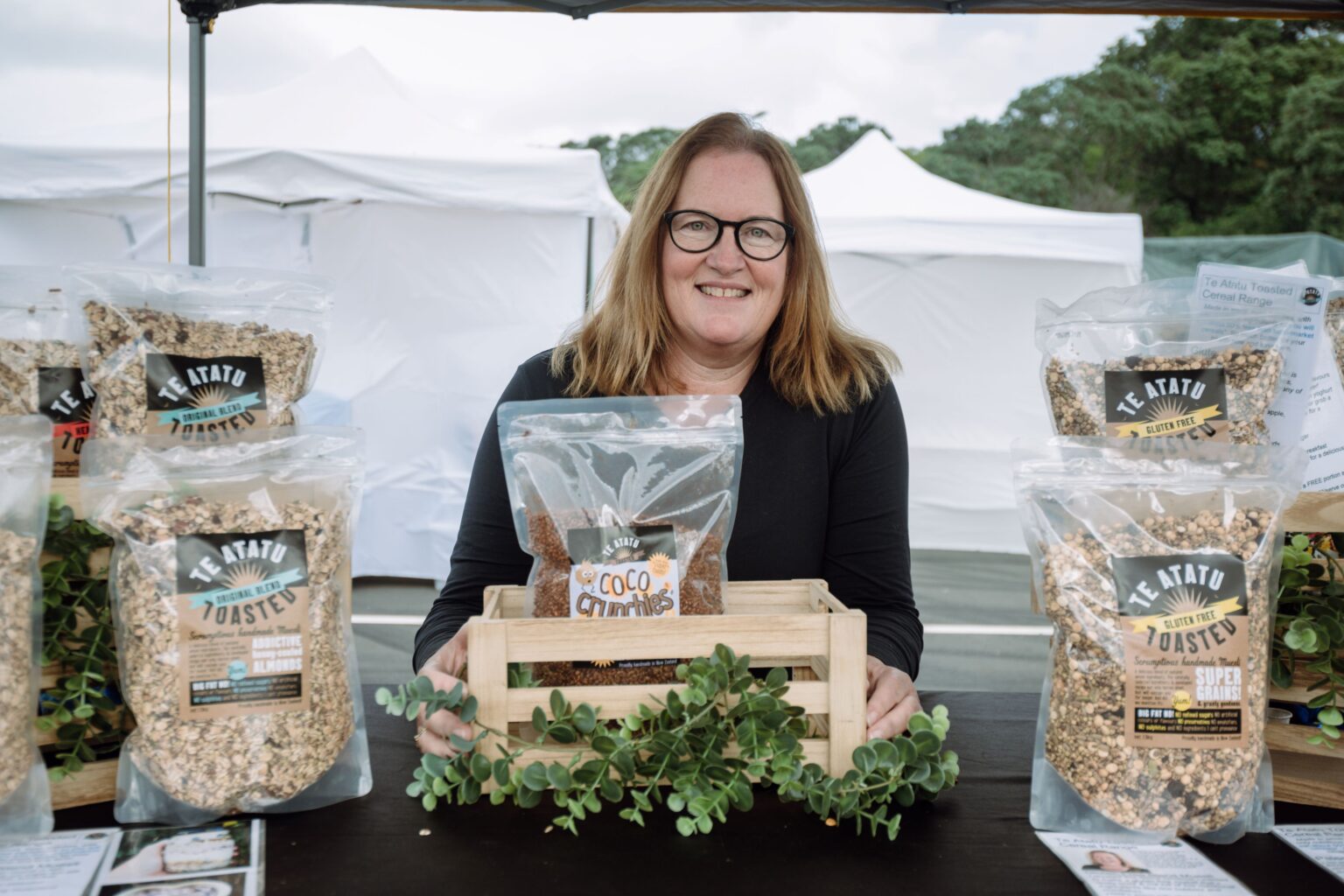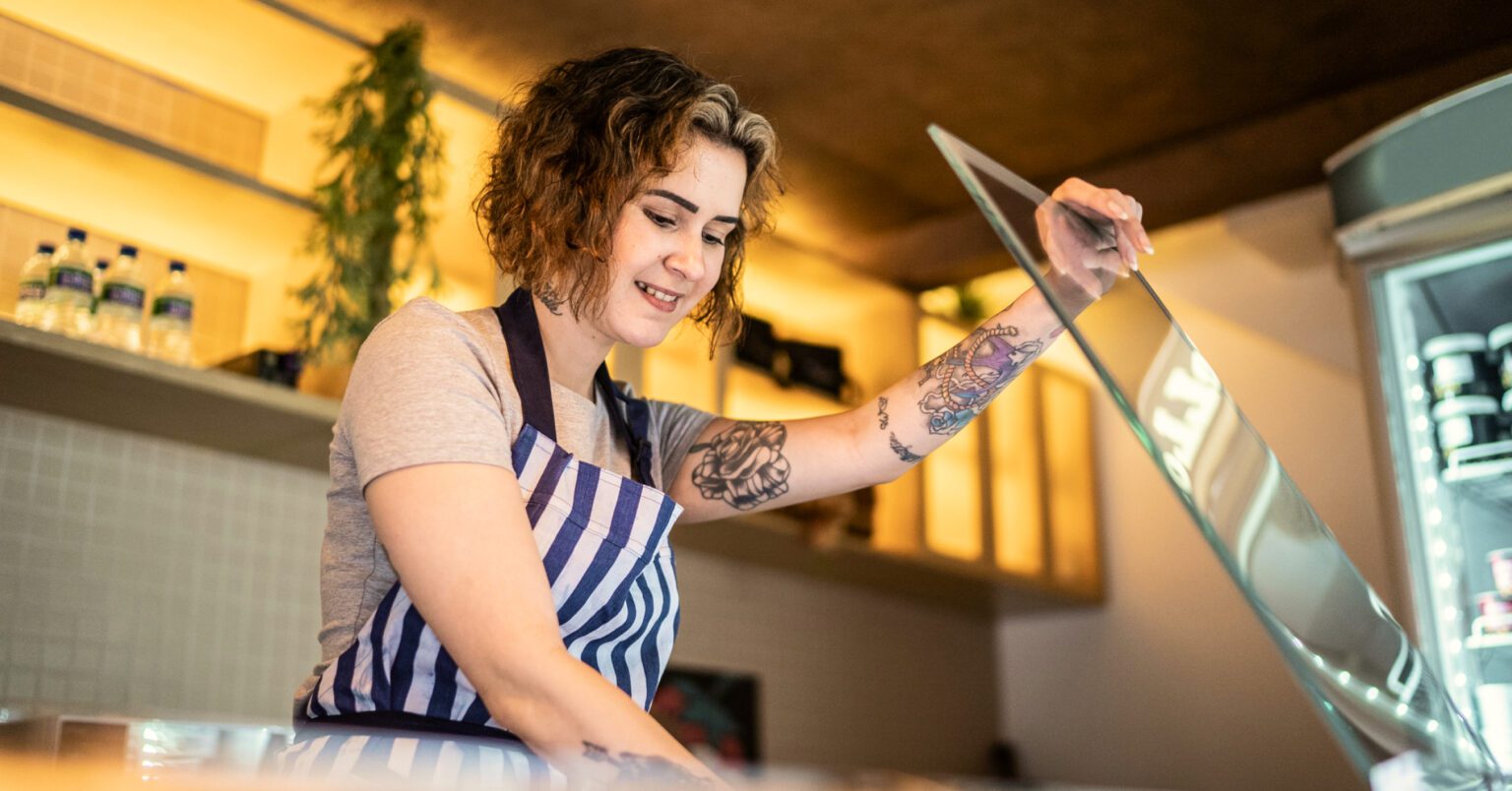Three resilient small business owners discuss why they chose to invest in their business during the roller-coaster that’s been 2020 and how these transformations will secure their brand going forward.
At a glance
Here’s a snapshot of the advice from our interviewees:
- Diversify your business so you have a unique product or service to offer in 2021.
- Partner with other businesses and do your research to ensure your investment is sound.
- Don’t lose sight of the big picture when the going gets tough.
Making a business investment at any time can feel scary, let alone during a recession. But businesses that are willing to be brave during downturns are often those that come out on top in the long run. After all, without risk, there’s no reward.
Just ask these small business owners who put everything on the line to give their business a future. While they may have lost sleep or questioned their business acumen, their perseverance has paved the way for next-level success.
Growing pains
Renee Joblin has been running Joblin Engineering since 2017, which provides maintenance for agricultural machinery and farm equipment. The dream has always been to develop a one-stop-shop that would cover repairs, mechanics and hydraulics – a unique offering in the industry that would land her bigger construction projects.
So, when her husband and business partner was recently approached by someone who wanted to sell their hydraulics pod, they knew they had to take the plunge.
“We were getting to the point where we were going to have to start turning down jobs. My husband was working seven days a week and the only way we could sign bigger business and work less is if we grew.”
Seizing the online opportunity
Personal trainer Nats Levi was also faced with a do-or-die moment when COVID-19 struck and she could no longer operate her high-contact business.
While she initially moved all her services online, Levi decided to streamline her business and develop a slick online offering. She conceived the idea for an integrated app called Fierce Nation, which she launched in late April 2020.
“I needed something systematic to keep everything together. The app delivers all the components of my business filtered by the individual’s requirements, so they don’t have to log into multiple sites or communicate with me on different channels.”
Believing in your product
Dani Holt-lyman was faced with a somewhat different dilemma earlier this year. When weighing up whether to continue development on a product that would transform her keto food business, she decided to stick to her guns after some soul-searching.
Holt-lyman developed Skyebird Foods after her daughter Skye was diagnosed with Type 1 diabetes and she discovered a low carb diet was the best way to manage her blood sugar levels. Skyebird’s first product was keto bread, but in 2020 she wanted to add cookies to her repertoire. She was all set to begin product development when lockdown began.
“It was a tough time. I couldn’t produce my bread because there was a supply chain issue with one of my ingredients, and I also couldn’t conduct trials on the cookies’ commercial viability because the manufacturer couldn’t fit me into their production schedule.”
Holt-lyman also saw many keto cookie mixes coming onto the market, which gave her further pause. Ultimately, however, she knew she was onto a unique specialty product that would make life easier for families like hers.
Putting the plan into action
For Joblin, acquiring the hydraulics pod was not the end of their investment. They had to hire a full-time staff member to operate it along with a workshop space and car to tow the pod around.
“Our bills used to be $5000 a month and now they sit around $25,000, but that’s what it takes for us to grow as a company and create an opportunity for more work,” she says.
Levi hired a developer to give her app the capability to create programs and meal plans for her clients based around their pre-programmed goals, measurement desirability and body type. The developer also coached her in operating the new model so she was less reliant on their help moving forward.
She also hired a marketing agency to do a rebrand to match her new app.
“My old branding was very much about me and what I offered in a physical gym space, whereas I needed something more inclusive that appreciates the message of diversity,” says Levi.
Levi recommends having meetings with experts to find the right one to deliver your goals.
“You can’t do everything to the level that you want by yourself, so definitely outsource those skills, and don’t be afraid to interview companies you might want to work with.”
During lockdown, Holt-lyman took the opportunity to do her product research, so when restrictions were lifted, she was ready.
“I did a deep dive into the cookie market here and internationally to look at what’s being sold along with the ingredients, sizes and costs, as well as omni-channel distribution,” says Holt-lyman.
“After lockdown, I got on the phone straight away to my consumer manufacturer, designer and everyone that was relevant to getting these cookies off the ground.”
Setting your business up for success in 2021
Through their investments, these small business owners have managed to secure new contracts, reach new audiences and experience a dramatic impact on cash flow, setting themselves up to make 2021 theirs for the taking.
After launching the new arm of their business in early November, Joblin predicts they will both double their income and break into the heavy machinery market in 2021.
“We now have two of the three components that we need to be an all-in-one servicing company, which is a huge step towards our future plans.”
Levi’s online fitness business has extended her reach and allowed new clients to find her organically.
“I now have clients across New Zealand, and internationally in Germany, Australia and the US who are resonating with my message. Previously my clients were people that knew me, took my in-person classes or knew someone that I had trained.”
Levi’s new business model also allows for flexibility. “I can now travel or base myself anywhere, without stepping out on contracts or gym spaces.”
With Holt-lyman’s focus on cost-modelling, she was able to turn a profit for the first time since establishing her business in September 2019.
“Up until I launched the cookies in September this year, my business was a cash flow burn. The cookies have completely transformed my business into being cash flow-positive so I can now invest in more product development to strengthen my brand moving forward.”
If you need to make a strategic investment into your business, a Prospa Small Business Loan could be the perfect boost to get your started.




